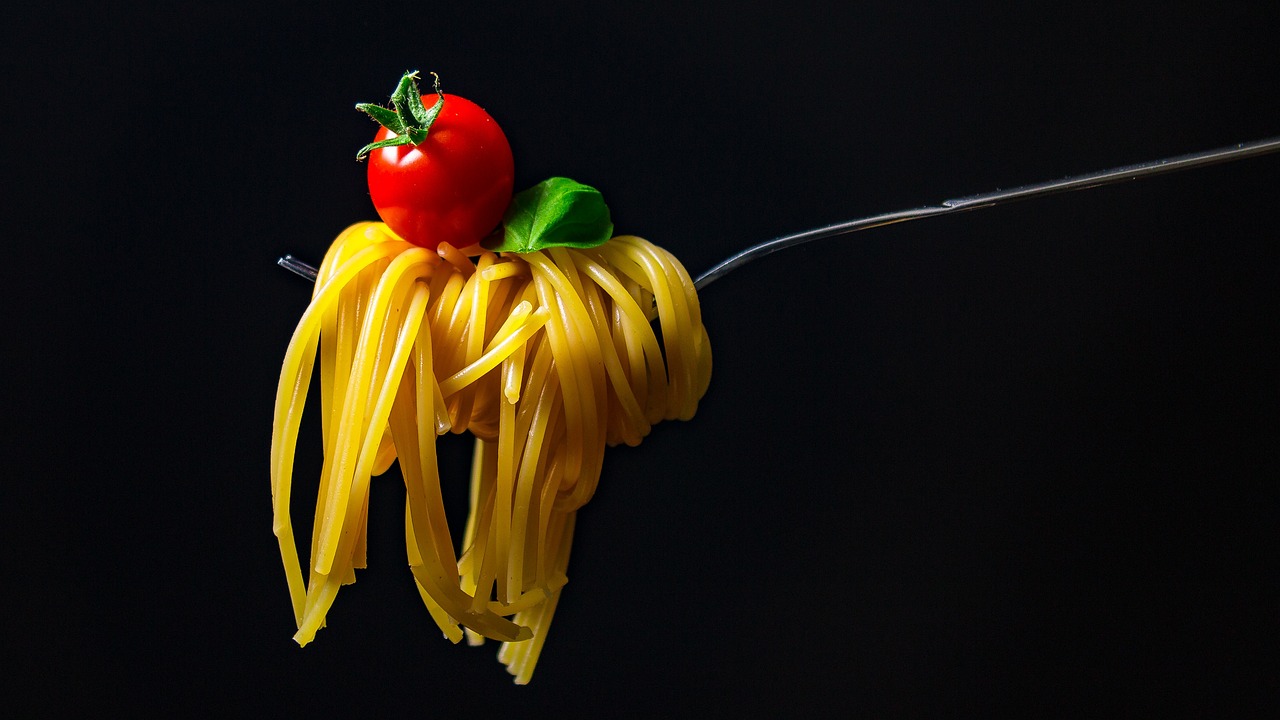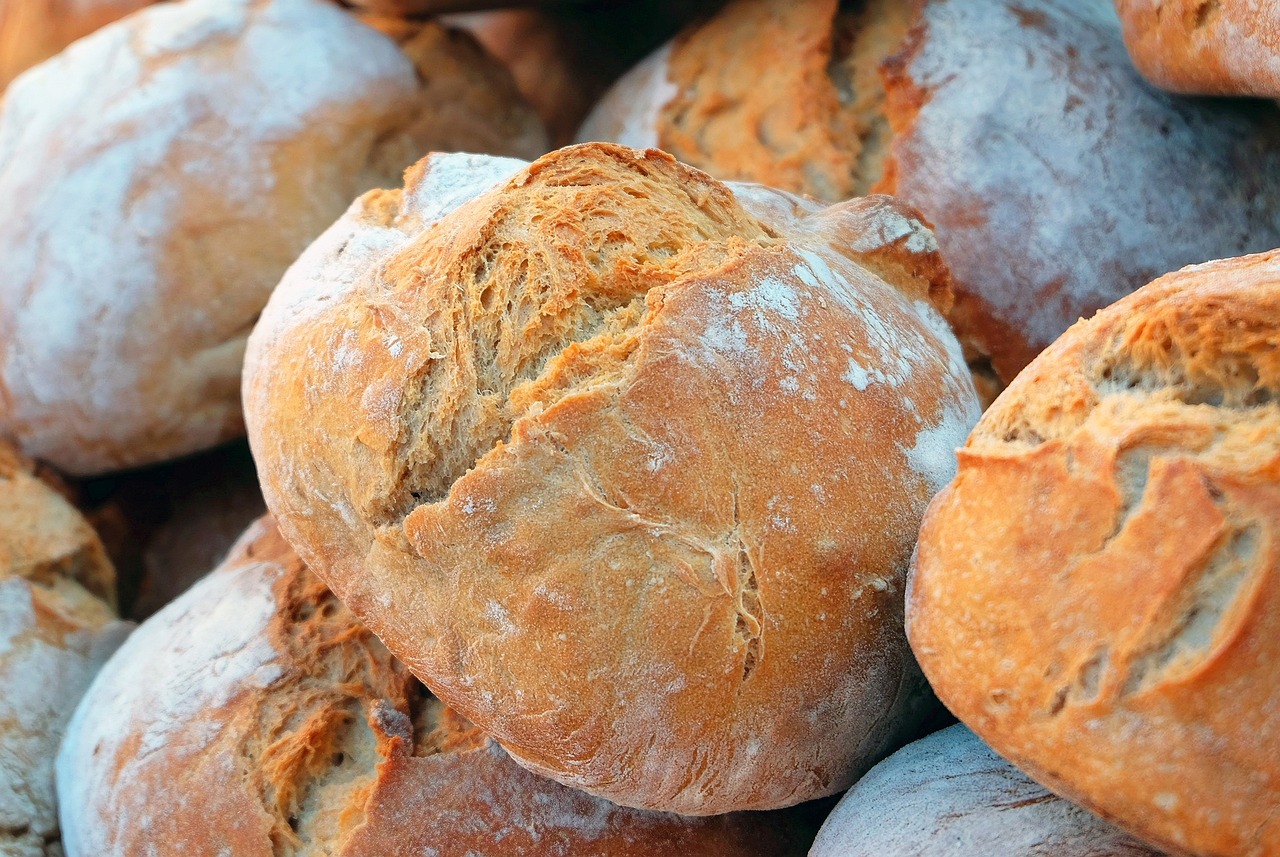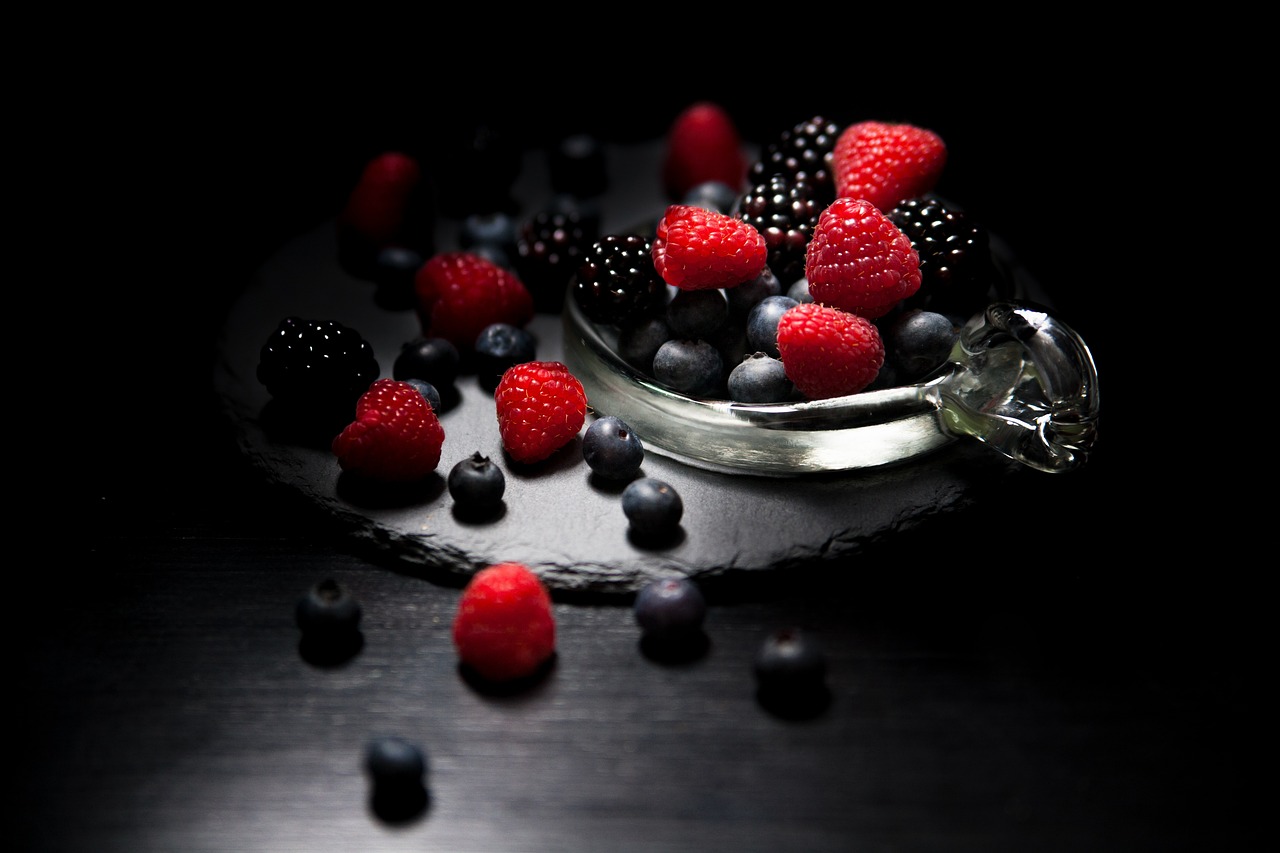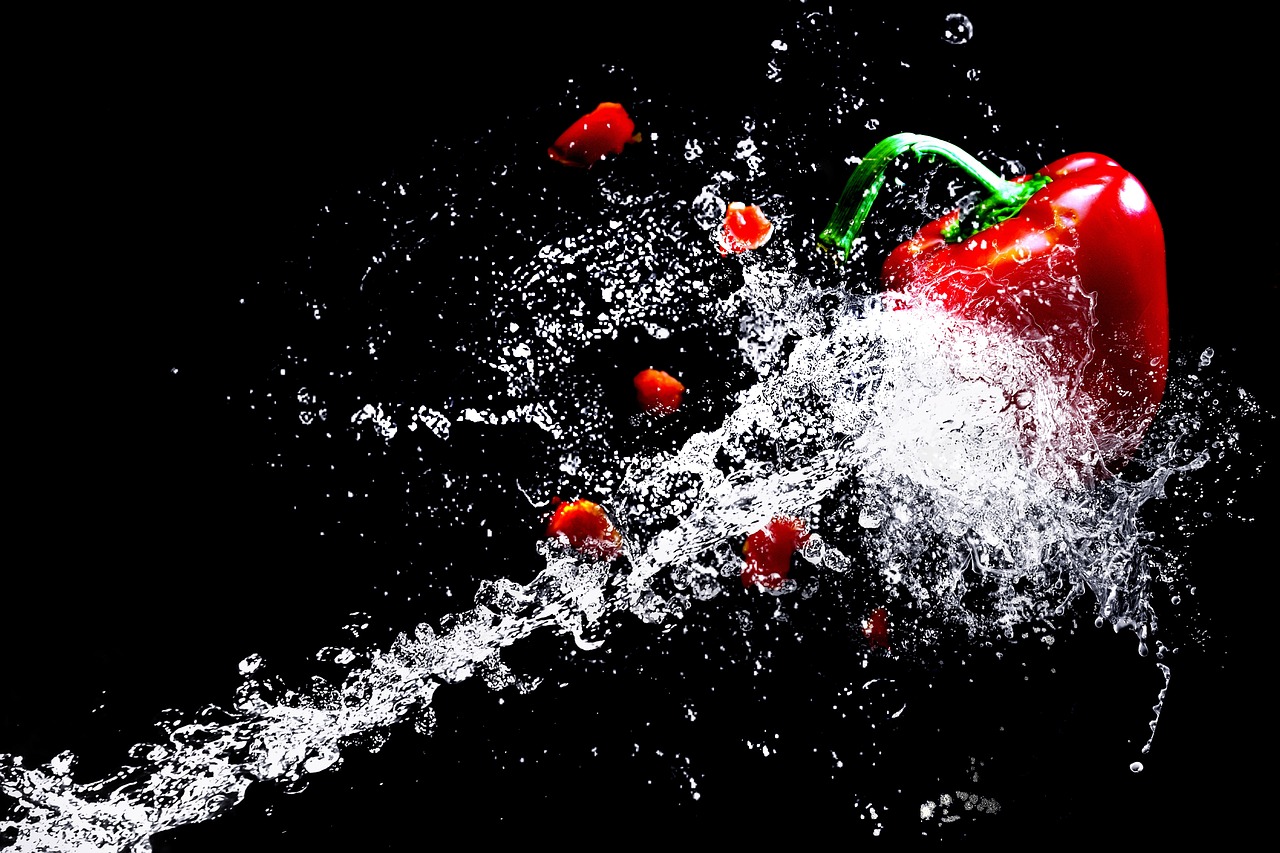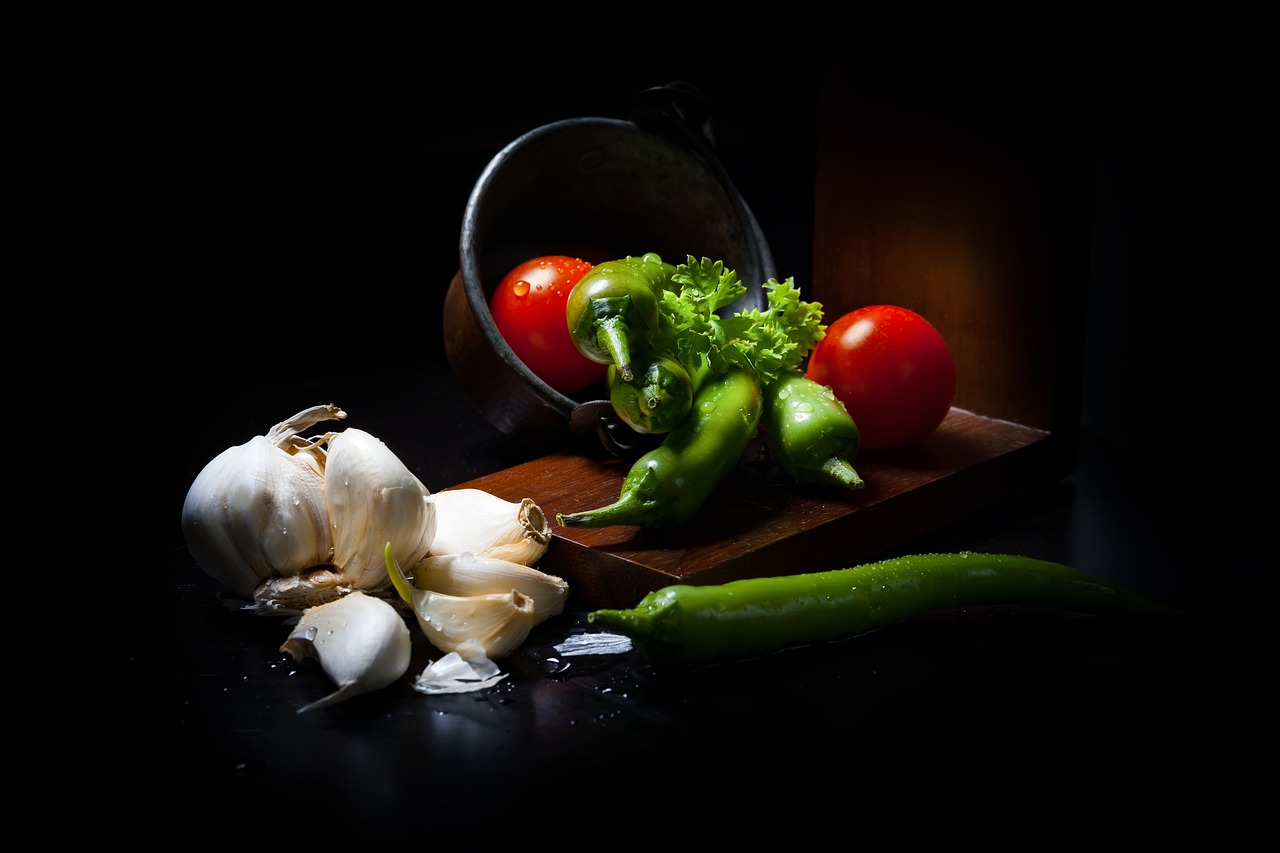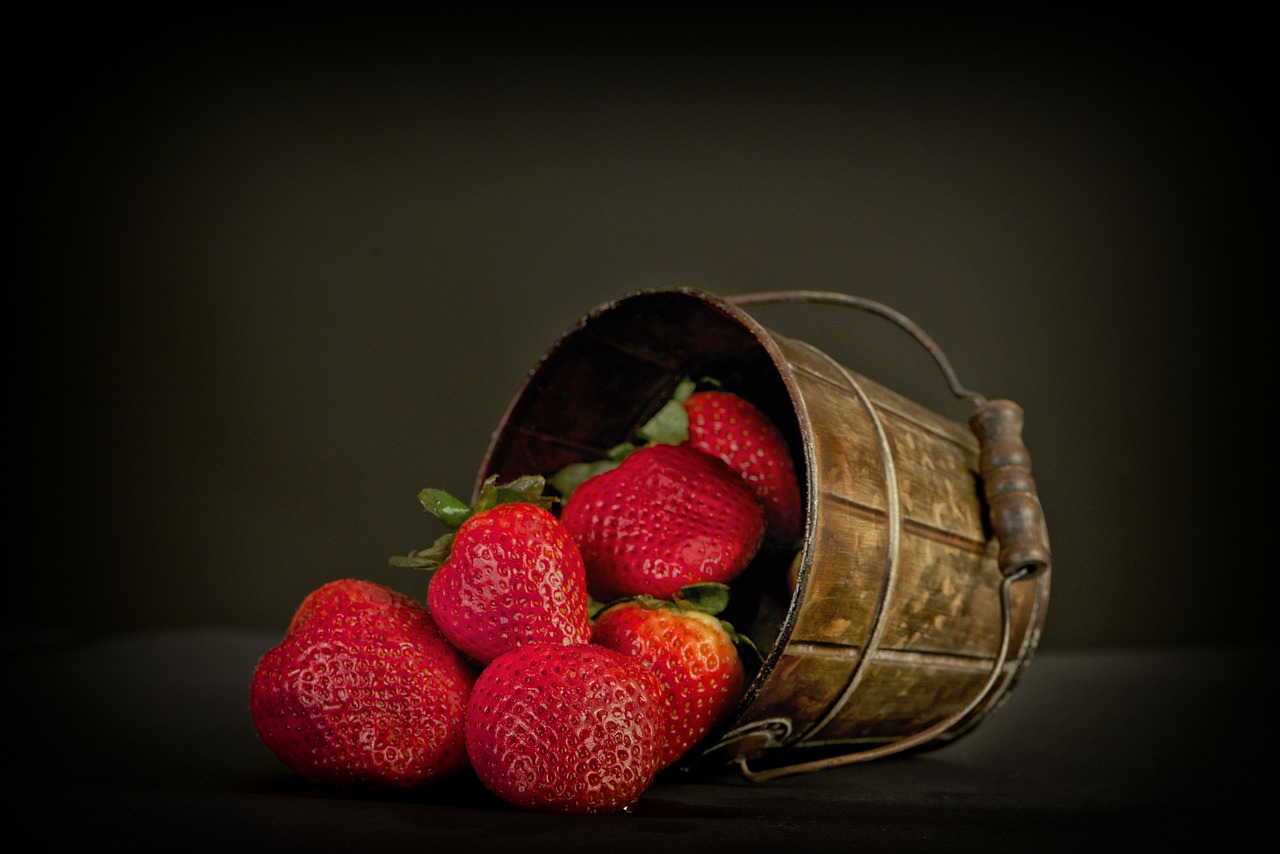Food is much more than just fuel for our bodies; it’s a source of sensory pleasure and has the potential to strongly influence our physical and mental well-being. Read on to discover exactly how to improve psychophysical well-being starting with the food we eat.
The Connection Between Food and Health
When chosen consciously, food can become a powerful ally for our mental health. Some foods contain substances that can uplift our mood, reduce anxiety and aggression, and even alleviate headaches, such as serotonin and its precursor, tryptophan.
Serotonin
Serotonin is a key molecule in our nervous system, influencing various physiological and behavioral functionsessential for our body. As both a neurotransmitter and a hormone, it is present in the brain, lungs, kidneys, gastrointestinal tract, and platelets. Interestingly, it is synthesized 95% in the cells of the gastrointestinal wall and 5% in brain neurons. While it’s distributed only minimally in the brain, it plays a fundamental role in mental well-being and is known as the “happiness hormone.”
It regulates crucial functions like mood, emotions, appetite, sleep, as well as aspects of sexuality, aggression/impulsivity, learning, memory, gastrointestinal motility, and vasoconstriction.
Diet
Foods rich in serotonin include nuts, bananas, pineapples, kiwis, avocados, tomatoes, and even pasta, rice, and bread, as they aid in serotonin production. It’s advisable to consume them during evening meals as they promote sleep.
Consuming eggs, cheese, turkey, salmon, as well as raw cocoa or 85% dark chocolate, peanuts, pumpkin seeds, sesame, or chia (also rich in fatty acids and omega-3), and milk, whole yogurt, and plums is recommended because they contain a high concentration of tryptophan.
This amino acid stimulates serotonin production and, unlike serotonin, can cross the blood-brain barrier and reach the brain, a process facilitated when taken with carbohydrates, such as rice. Carbohydrates promote insulin production, facilitating the entry of amino acids into muscle cells, except for tryptophan, which, having “eliminated” the competition, will have a clear path to access the brain.
It’s important to emphasize that our body doesn’t produce tryptophan independently; it must be obtained through food. However, not all tryptophan-rich foods automatically contribute to serotonin production in the body. The synthesis of serotonin also requires carbohydrates, iron, and B-group vitamins.
Nutraceutical Chef Cristiana Montellanico
Biography
Cristiana Montellanico, born in Rome, has shown a strong interest in cooking since childhood, influenced by her family’s long-standing tradition in the restaurant industry. This interest gradually grew into a passion.
Throughout her professional journey, she has collaborated with various professionals, such as her participation in the project “Childhood Overweight and Obesity,” where she worked alongside established experts. Her contribution involved transforming dietary requirements into delicious and enticing recipes, offering valuable insights on cooking methods, food pairings, and sugar and salt substitutions in meal preparation.
Cristiana Montellanico honed her culinary skills first at the renowned “A Tavola con lo Chef” school and later by obtaining a Master’s degree in Culinary Nutrition, specializing in nutraceutical cuisine. This specialization allowed her to gain profound knowledge of foods, nutritional issues, and operate in the culinary field with a comprehensive vision, promoting truly healthy cooking that still delights the palate and the eyes.
Cristiana has participated in significant culinary events and television shows on national networks, including “Parola di Pollice Verde” on Rete 4, “L’Italia con Voi” on Rai International, as well as “Ok è Tutto Chiaro?” on Rai 1 and “Pillole di Sapori” on Alma TV.
In recent years, the nutraceutical chef has dedicated herself to developing cuisine suitable for celiacs, diabetics, intolerants, vegetarians, and vegans.
Furthermore, she devotes herself to teaching traditional Italian culinary dishes in English, French, and Spanish, and she performs cooking shows.
